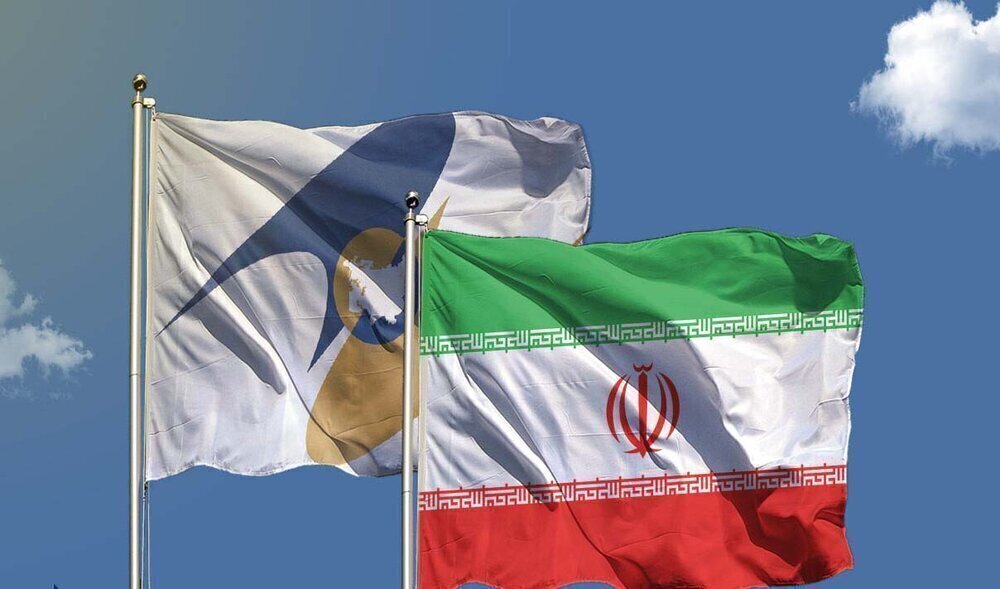Steel, petrochemicals drive half of Iran’s free trade goals with Eurasia

TEHRAN – Steel and petrochemicals are expected to account for 50 percent of the objectives set under Iran’s free trade agreement (FTA) with the Eurasian Economic Union (EAEU), Iranian officials said, highlighting the sectors’ pivotal role in boosting exports and activating trade opportunities in the region.
Mohammad Ali Dehghan Dehnavi, head of the Trade Promotion Organization of Iran (TPO), said the FTA, which entered into force on May 15, 2025, is unprecedented for Iran, reducing tariffs on 87 percent of traded goods.
He noted that while previous preferential trade agreements with the EAEU had expanded trade volumes, this latest agreement presents a unique opportunity for deeper integration.
“Trade agreements create both opportunities and challenges. The overall outcome is positive for both sides if vulnerabilities are addressed and opportunities maximized,” Dehnavi said. He emphasized that steel and petrochemical industries are major drivers of production and exports, and leveraging them effectively could achieve half of Iran’s FTA objectives.
The official called on the private sector to actively engage in Eurasian markets, pointing to research identifying which Iranian products have the highest export potential. “Private companies should focus on maximizing profitability, while policymakers ensure collective benefits such as employment, economic growth, and foreign currency inflows,” he said.
Dehnavi also noted that export opportunities vary across member states, highlighting Russia as one of the most lucrative markets for Iranian products and promising further studies to optimize engagement in the region.
According to Elham Haji Karimi, head of the Iran-EAEU FTA secretariat, the agreement, signed in December 2023 after more than two years of negotiations, covers 11 chapters, including trade in goods, technical measures, sanitary standards, rules of origin, customs cooperation, dispute resolution, government procurement, and sectoral cooperation in transport, energy, automotive industries, and free trade zones.
EF/MA
Leave a Comment